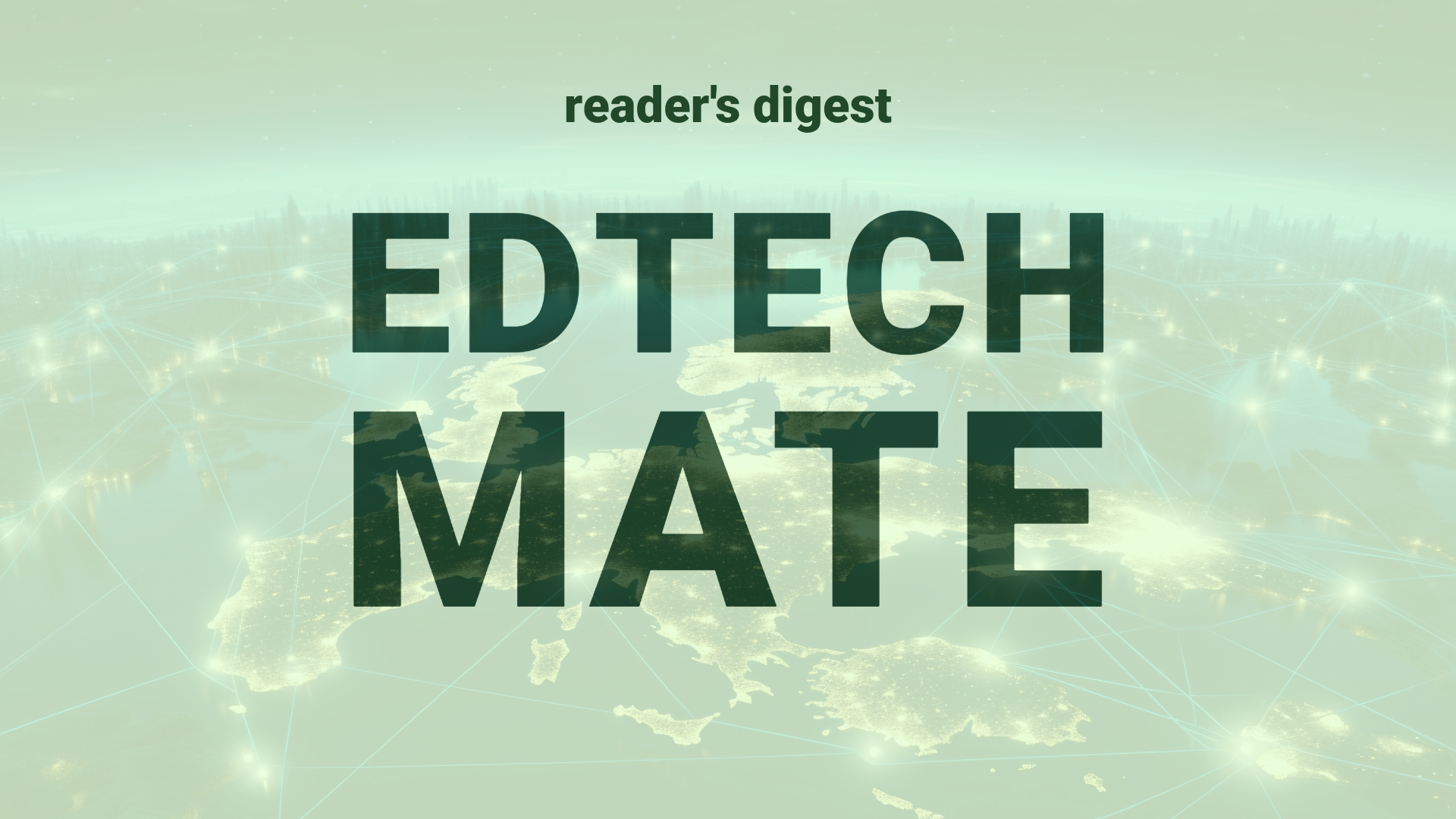Executive Summary and Main Points
The education sector is embracing digital transformation, propelling advancements in EdTech and online learning experiences. The inclusion of interactive content like the McKinsey weekly crossword puzzles exemplifies an educational trend where problem-solving and business concepts are infused into learning in an engaging manner. This innovation showcases a strategic shift towards combining education with real-world business themes, enhancing critical thinking skills in a digital format.
Potential Impact in the Education Sector
Interactive tools like crosswords can have a multifaceted impact on Further Education and Higher Education by reinforcing problem-solving abilities in a non-traditional learning format. This type of content can complement traditional coursework and offer alternative assessment methods, aligning with the shifting nature of Micro-credentials. Strategic partnerships between content creators and educational institutions could further embed this type of learning in curriculums, symbolizing a growing symbiosis between education providers and business intelligence leaders, fostering digitalization and innovation.
Potential Applicability in the Education Sector
AI and digital tools have the potential to personalize and scale interactive problem-solving exercises like the McKinsey crossword for global education systems. Incorporating this technology can adapt puzzles to individual learning styles and performance, thus enhancing student engagement and outcomes. When integrated into learning management systems (LMS), these interactive experiences can provide instant feedback and data analytics, contributing to a more dynamic learning environment tailored to the needs of a diverse student body.
Criticism and Potential Shortfalls
While innovative digital tools bring interactivity to learning, they can also introduce challenges. There’s a risk of cultural biases in content like crosswords that may not resonate with international audiences. Additionally, integrating these solutions without addressing digital divide issues could worsen educational inequalities. Case studies comparing international use may reveal disparities in engagement and efficacy, leading to a need for culturally sensitive and accessible content design. Ethically, the use of AI in education must consider privacy concerns and the potential for misaligned incentives.
Actionable Recommendations
To leverage these technologies effectively, education leaders should consider establishing collaborations with organizations that offer business-themed educational content. It’s advisable to ensure these technologies are accessible across devices and user proficiency levels, and inclusive to various cultural contexts, possibly through localization of content. An ethical framework should guide the personalization of AI-driven learning tools to prioritize student privacy and data protection. Continuous evaluation and adaptation will be key in ensuring that these digital tools contribute positively to global higher education dynamics.
Source article: https://www.mckinsey.com/featured-insights/the-mckinsey-crossword/may-28-2024

